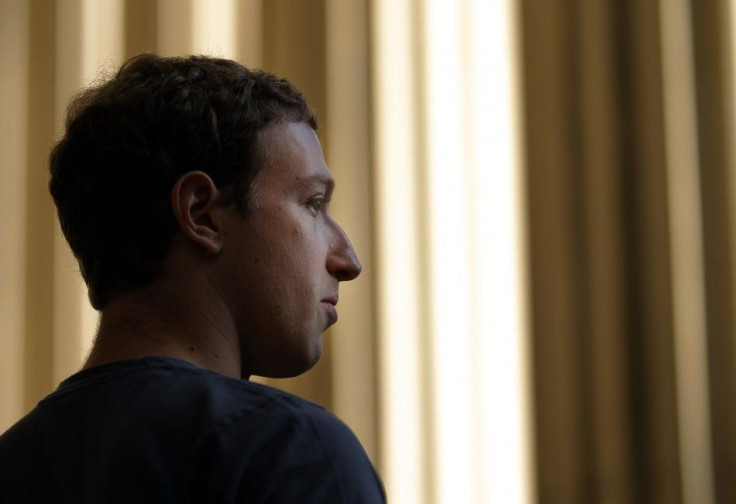US Politics: Alexandria Ocasio-Cortez, Ted Cruz Call For Limits On Former Legislators Becoming Lobbyists

The unlikely partnership between Rep. Alexandria Ocasio-Cortez, D-N.Y., and Sen. Ted Cruz, R-Texas, on legislation to curb former legislators from becoming lobbyists is a rare example of bipartisanship in the Trump Era and appears to be gaining momentum across both chambers of Congress, though the proposed legislation is not new.
A similar bill, H.R. 6070, to prohibit former members of Congress from engaging in lobbying when they leave office, was introduced by Rep. David Cicilline, D-R.I., and Iowa congressmen and fellow Democrat David Loebsack, in every congressional session since 2011. Until now, the proposal hasn’t gained much traction.
Hey @aoc and @tedcruz, we’re singing from the same hymnal.
— David Cicilline (@davidcicilline) May 31, 2019
Here’s the Lobbying Ban that @daveloebsack and I have introduced each year since 2011.
Would love your support. pic.twitter.com/aclnKTPDd9
Ocasio-Cortez on Thursday shared a Public Citizen article on Twitter about the large number of former lawmakers who become lobbyists after leaving public service. “If you are a member of Congress + leave, you shouldn’t be allowed to turn right around&leverage your service for a lobbyist check,” Ocasio-Cortez tweeted.
The social media exchange was short but already is rippling across both chambers of Congress.
“I have long called for a LIFETIME BAN on former Members of Congress becoming lobbyists,” Cruz tweeted in one of a series of responses to Ocasio-Cortez. Sen. Michael Bennet, D-Colo., a presidential hopeful, also joined the alliance.
It's not every day you see the three of us on the same page.
— Michael Bennet (@MichaelBennet) May 30, 2019
Hey @AOC and @TedCruz, let's make it official. Want to sign on to my bill to ban Members of Congress from ever becoming lobbyists so we can finally slam the revolving door shut once and for all? https://t.co/OvFQwMQM7b
If Ocasio-Cortez and Cruz seeing eye-to-eye doesn’t seem improbable enough, adding Bennet is another layer of odd bipartisanship. In January, during a partial government shut down, Bennet criticized Cruz of crying “crocodile tears” for first responders going without paychecks during the shutdown.
Then Cruz took a swipe at Bennet after his announcement of a presidential bid, accusing him of mounting "a campaign about nothin."
Bennet joined the Twitter exchange with “it’s not every day you see the three of us on the same page.”
The Public Citizen reported that nearly two-thirds of recently retired or defeated lawmakers are working as lobbyists or strategists for lobbyists, citing the following examples:
Former Rep. Joe Crowley, D-N.Y., who Ocasio-Cortez defeated for her District 14 congressional seat, recently joined Squire Patton Boggs, a lobbying heavyweight.
Former Rep. Lamar Smith, R-Texas, works for Akin Gump, another lobbying firm. Smith is registered to lobby in favor of the same copper and gold operation in Alaska that he pushed as a lawmaker.
Former Rep. Lynn Jenkins, R-Kansas, has started her own lobbying firm, while former Sen. Jon Kyl, R-Ariz., left a lobbying job to serve four months in the Senate following the death of Sen. John McCain, then returned to his position at Covington & Burling.
At present, federal ethics laws are limited. A former member of Congress is barred from making lobbying contacts for one year. Senators are required to wait two years. However, both can immediately lobby executive agencies, including the Environmental Protection Agency, Federal Trade Commission, Food and Drug Administration, and the Interior Department.
Another loophole allows the former lawmakers to label themselves “strategic consultants,” who don’t do the lobbying themselves but provide strategies to other registered lobbyists on how to approach lawmakers.
Sen. Brian Schatz, D-HI, and Rep. Chip Roy, R-Texas, also expressed support for the proposed legislation.
© Copyright IBTimes 2024. All rights reserved.





















